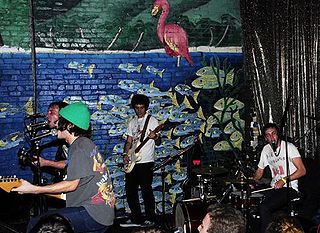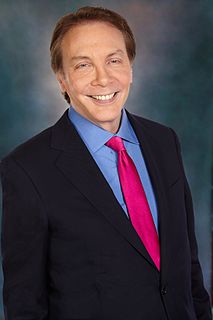A Quote by James Baldwin
What passes for identity in America is a series of myths about one's heroic ancestors. It's astounding to me, for example, that so many people really appear to believe that the country was founded by a band of heroes who wanted to be free. That happens not to be true. What happened was that some people left Europe because they couldn't stay there any longer and had to go somewhere else to make it. That's all. They were hungry, they were poor, they were convicts. Those who were making it in England, for example, did not get on the Mayflower. That's how the country was settled.
Quote Topics
About
America
Ancestors
Any
Appear
Astounding
Band
Be True
Because
Believe
Convicts
Country
Did
Else
England
Europe
Example
For Example
Founded
Free
Get
Go
Had
Happened
Happens
Heroes
Heroic
How
Hungry
Identity
Left
Longer
Make
Making
Many
Mayflower
Me
Myths
Passes
People
Poor
Really
Series
Settled
So Many People
Some
Some People
Somewhere
Somewhere Else
Stay
Those
True
Wanted
Were
Related Quotes
If I wanted to be free, truly free, I had to choose. There were many points on the compass rose; I had to locate the few that were meant for me. Not any destination picked at random; I had to head for those that summoned me with a passion, for they were the ones that gave meaning to my life. I had to ignore the warnings of those who would tell me why I couldn't do what I wanted to do.
It had long been true, and prisoners knew this better than anyone, that the poorer you were the more likely you were to end up in jail. This was not just because the poor committed more crimes. In fact, they did. The rich did not have to commit crimes to get what they wanted; the laws were on their side. But when the rich did commit crimes, they often were not prosecuted, and if they were they could get out on bail, hire clever lawyers, get better treatment from judges. Somehow, the jails ended up full of poor black people.
We've always done things the way we wanted to. It's true that our experience affects some of our decision making, but that's a part of growing up and evolving as a band and as people. The first five or six years were really rough. We had no money. We were lost and crazy and made mistakes, but we learned a lot and suffered through tough times, and I think what we did reflected where we were and who we are.
Similarly, the press never tested many of the assumptions about WMDs. One of the great myths about the WMD issue is that everybody believed Iraq had them. Well, that's not true. There were a number of people in the intelligence community and the State Department who were skeptical, and many analysts in the Department of Energy were dubious about Iraq's nuclear capability. There were also people like Scott Ritter who were saying quite accurately what was going on.
The story of our band is that we were this relentless touring band in those early years. We were leaving day jobs and going off on the road and having fun and seeing the country for the first time. We were playing Chinese restaurants and basements and record stores and houses. We were crashing on floors and it was all new and exciting. It was like a vacation. It didn't feel like work. I couldn't wait to go on tour back then. I would be sitting at my day job or my apartment, just itching to go. There were so many adventures that were about to happen.
I was a young feminist in the '70s. Feminism saved my life. It gave me a life. But I saw how so much of what people were saying was not matching up with what they were doing. For example, we were talking about sister solidarity, and women were putting each other down. We were talking about standing up for our rights, and women weren't leaving abusive relationships with men. There were just so many disconnects.
Some were getting married; some were getting divorced. People were in different places, but you had enough time on this earth to actually get somewhere, and I think that's the exciting thing about being 36 and in your mid-30s. You've been somewhere, and you're going to go somewhere. It's fun; it's exciting.
Conservatives are people who worship at the graves of dead radicals. Stop to think about that. The people who started this country, George Washington, Jefferson, Hamilton, these were not conservatives; these were the radicals of the time. In fact, conservatives always look back on people who they despised and make them into heroes. If you were to listen to the religious right today, they would make you believe that Martin Luther King was one of their flock. In reality, they hated him and did everything they could to destroy him.
Going back to the discussion we were having about immigration reform, some of the most challenging discussions I've had are with activists who essentially would argue that any immigrant from Central America, let's say, who gets here to this country should be allowed to stay because their country is dangerous, their country is poor, and the opportunities for that mom and that kid are much greater here, and why would you send them back?
When they got here, when they successfully emigrated - and not everybody that came through Ellis Island was accepted. If you were sick you were not allowed in. If you had any kind of a disease, we were in the process of trying to wipe out all these diseases. We did that by keeping people who had them out of the country. You might look at it today as, "Wow, that was really mean." No. It was putting America first. It was putting the American people first, and it was a realization that we can't take everybody.




































